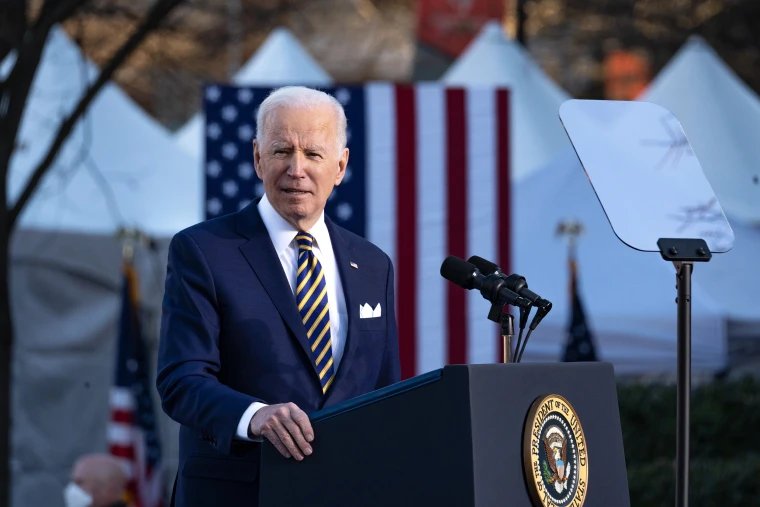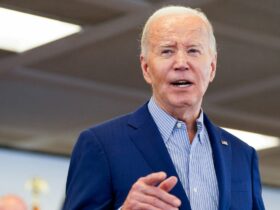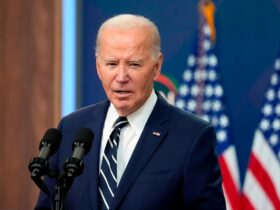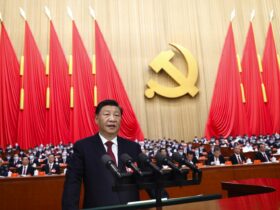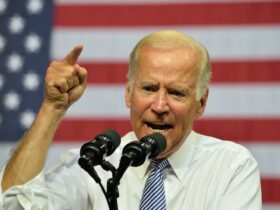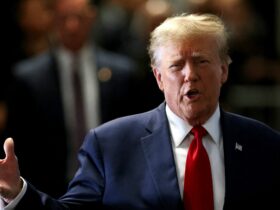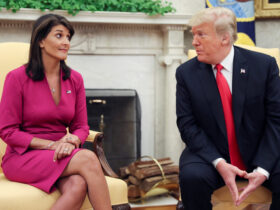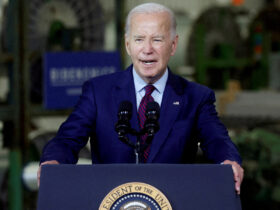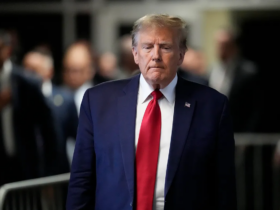United States: In a twist that could rival a plotline from a sitcom, Farha Khalidi, an OnlyFans creator and TikTok sensation, has stepped into the spotlight with startling allegations. She claims she was commissioned to spread what she terms as “political propaganda” for the Biden administration. It’s a narrative that unfolds with a blend of desperation and comedic irony that is more fitting for a satirical comedy than real life.
During a podcast interview, Khalidi revealed that she was enlisted to boost the visibility of then-Judge Ketanji Brown Jackson among her vast following following Jackson’s nomination to the Supreme Court by President Biden. What adds an extra layer of absurdity to this scenario is not only the choice of Khalidi as the messenger but also the instructions she received: Allegedly, she was instructed to obscure the fact that her endorsements were indeed advertisements. According to Khalidi, the rationale behind this directive was both bewildering and amusing: “It’s not technically a product, so you don’t have to disclose it’s an ad.”
The administration’s game plan? It appears they aimed to capitalize on Khalidi’s identity as an “edgy girl of color” to fabricate a sense of grassroots support for their nominee. They even scripted her to assert, “as a person of color,” that she felt “reflected” by Brown Jackson’s nomination—despite the fact that the prompt came from a white woman affiliated with a third-party media company, adding another cringeworthy layer to this clumsy attempt at authenticity.
To her credit, Khalidi refused to follow the script, unwilling to parrot lines that felt insincere, especially those handed to her by someone who couldn’t relate to her experiences as a person of color. She expressed her disillusionment with the entire process, openly acknowledging that being used as a mouthpiece for political agendas left her somewhat “black-pilled on political propaganda.”
This incident not only raises eyebrows for its audacity but also for what it reveals about the Democratic Party’s strategy in engaging younger voters. It seems that no influencer is too obscure and no platform too unconventional (or controversial) if it could potentially help disseminate the message. From OnlyFans to the corridors of power—a peculiar campaign trail indeed, made even more bizarre by the administration’s apparent belief that the endorsement of a social media influencer, known more for adult content than political discourse, could be a game-changer.
The White House dare not comment on these findings, speaking without saying anything. Now, leaving the public to connect the reason for this. It is agonizing to watch this charade unfold as it smells of a desperate plea, coupled with inexplicable naivety regarding how to sincerely engage with people of color, especially young folks. It is hard to see if the Democrats do not go the way of representing the influencer class as an attempt of novelty and a connection to the youth.

